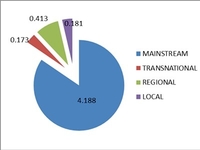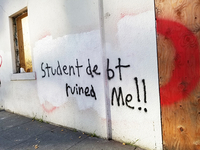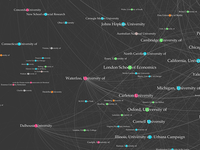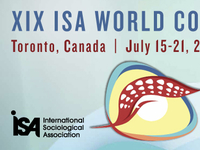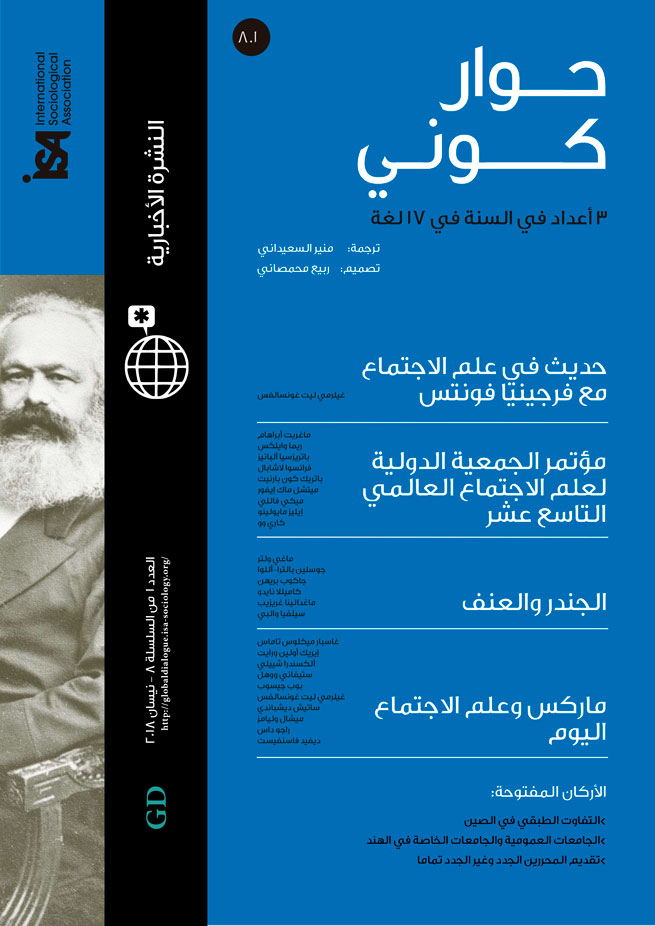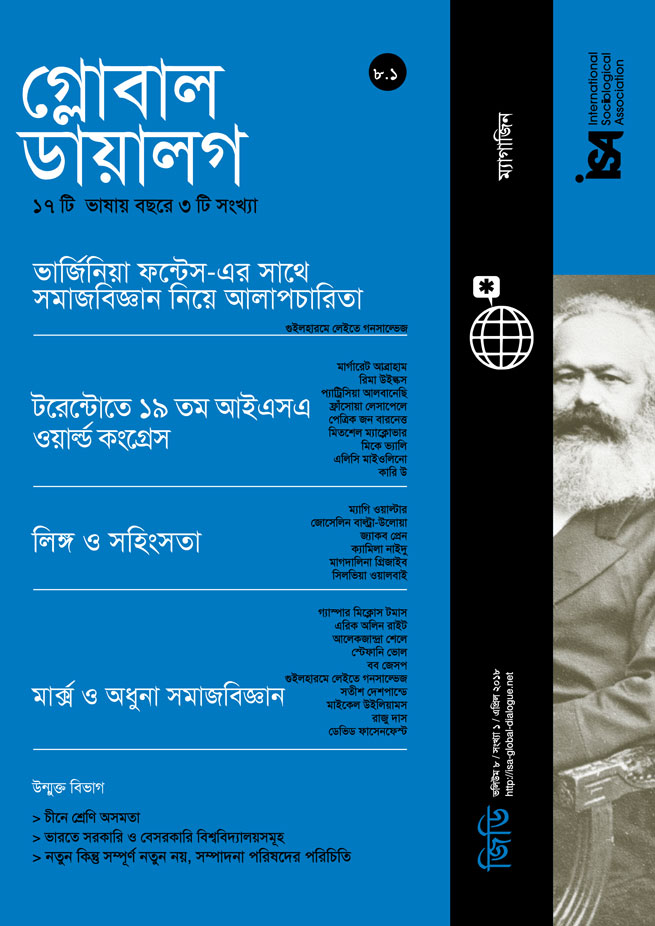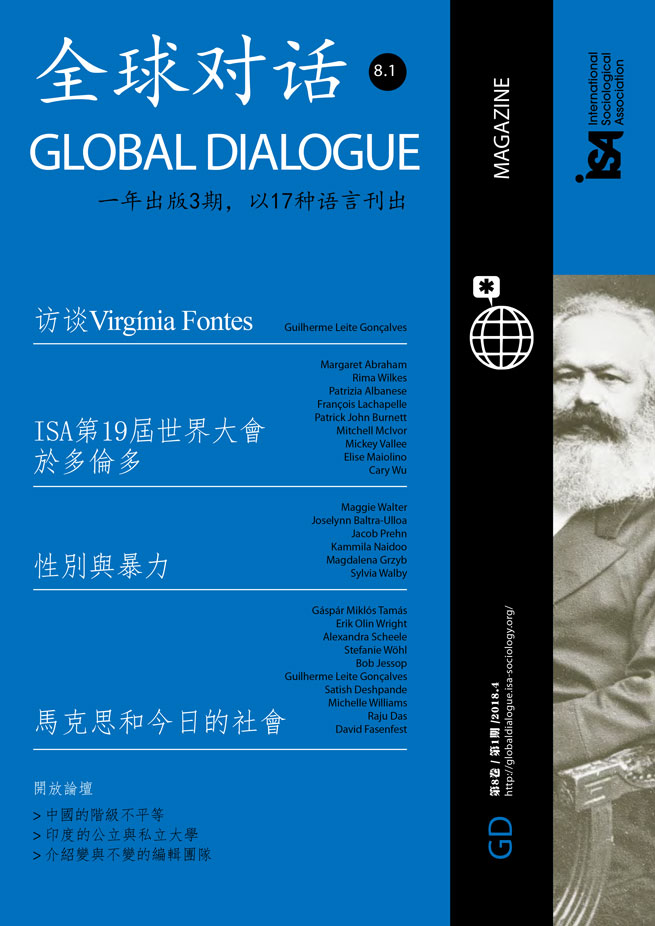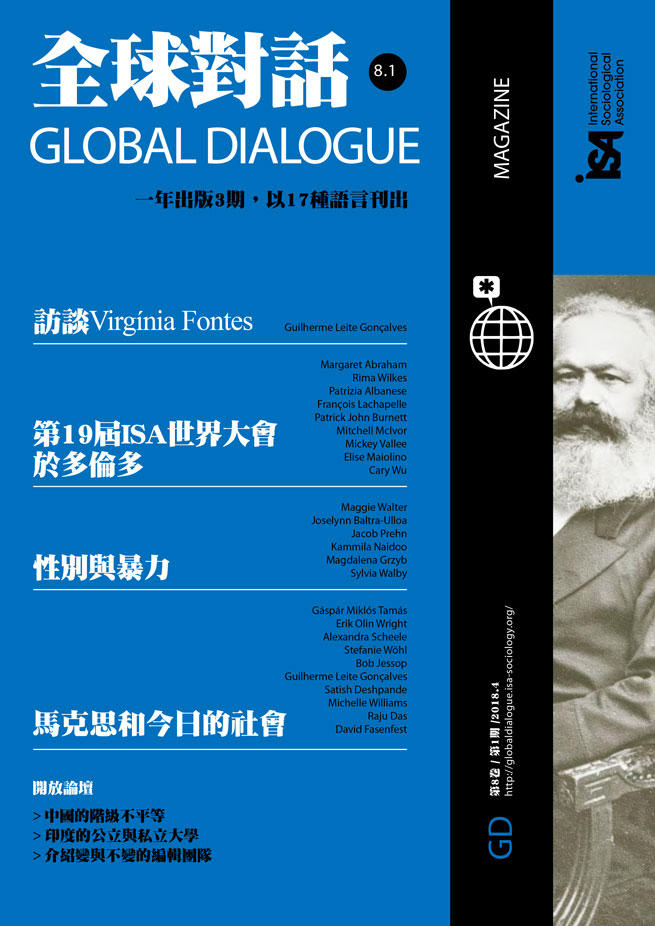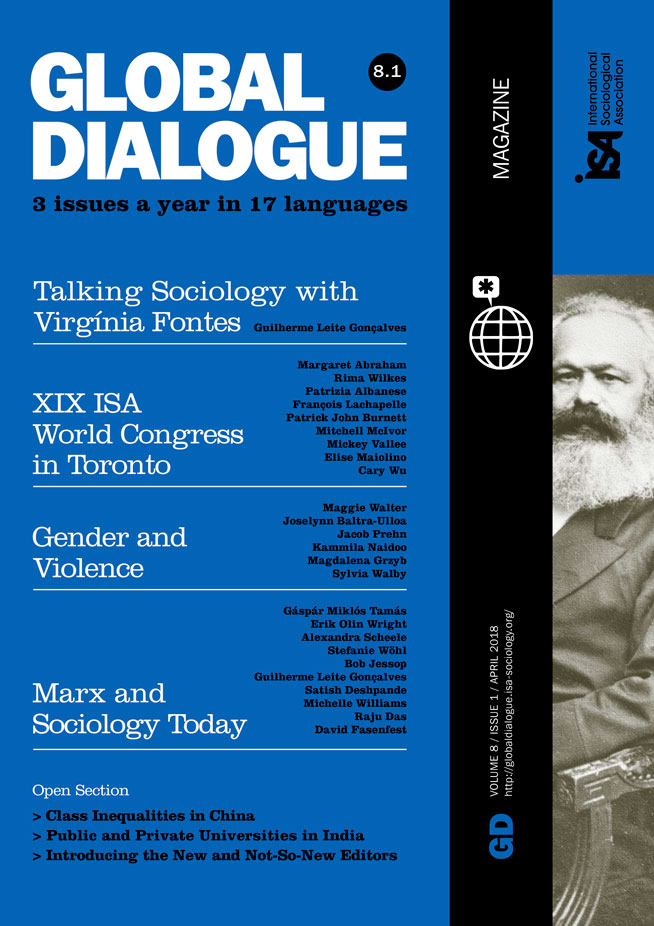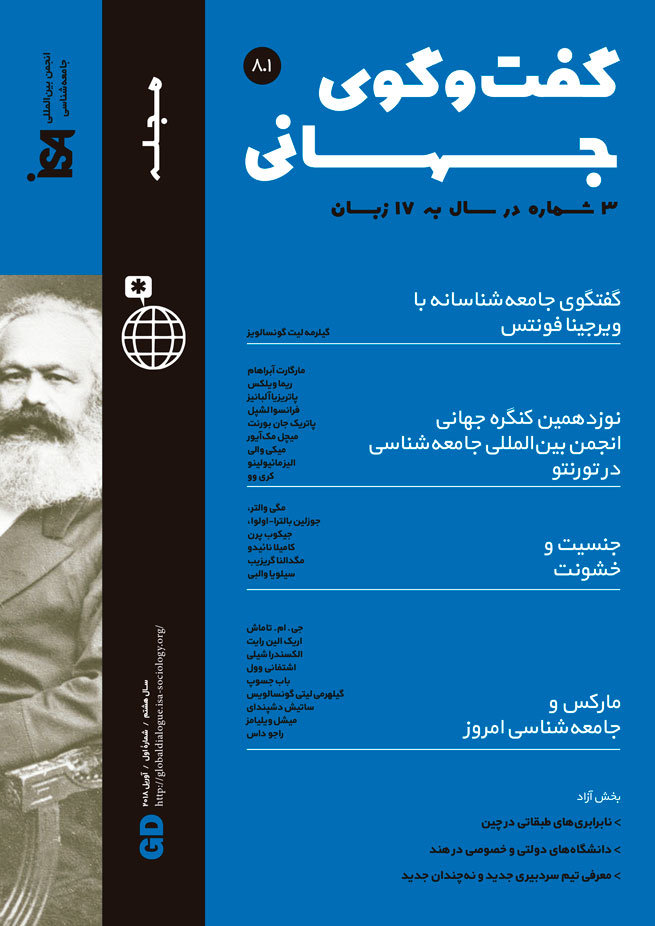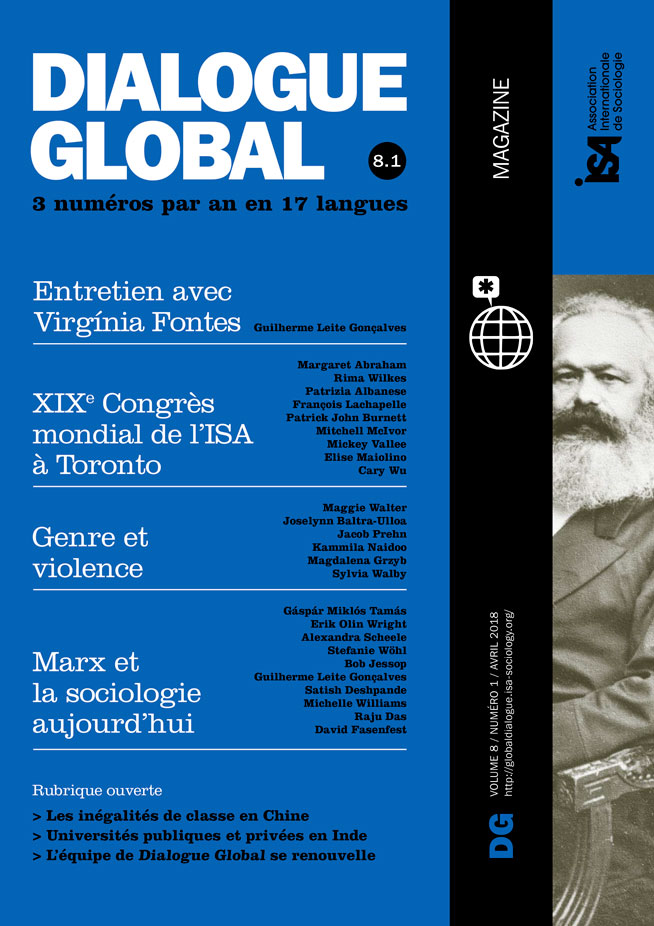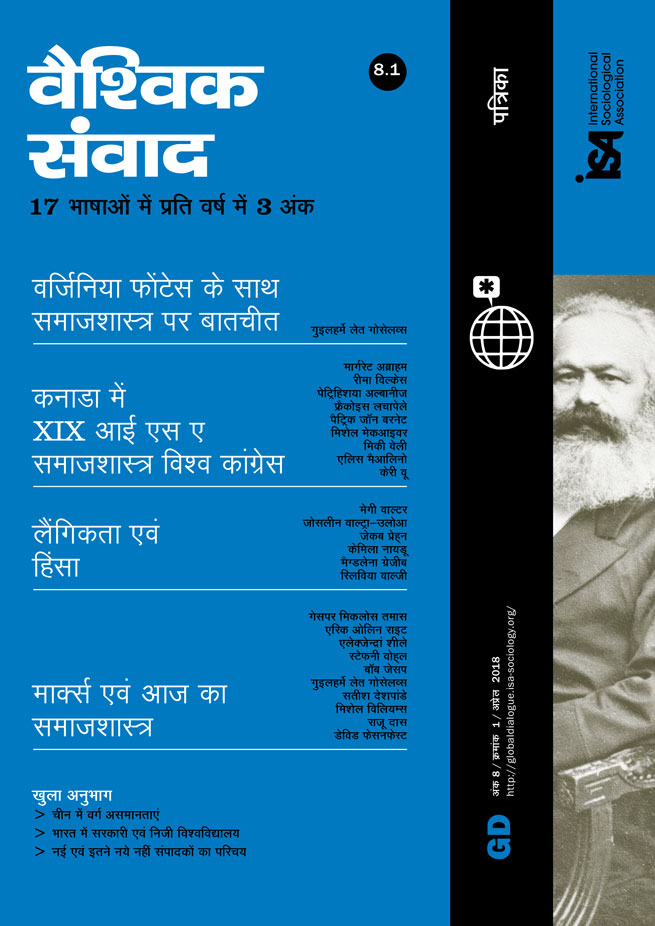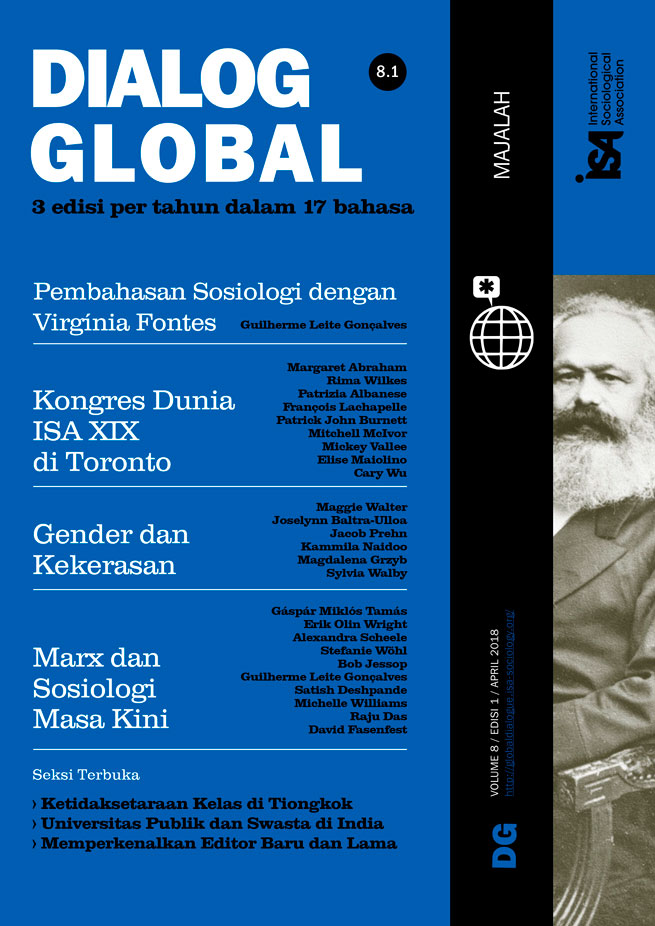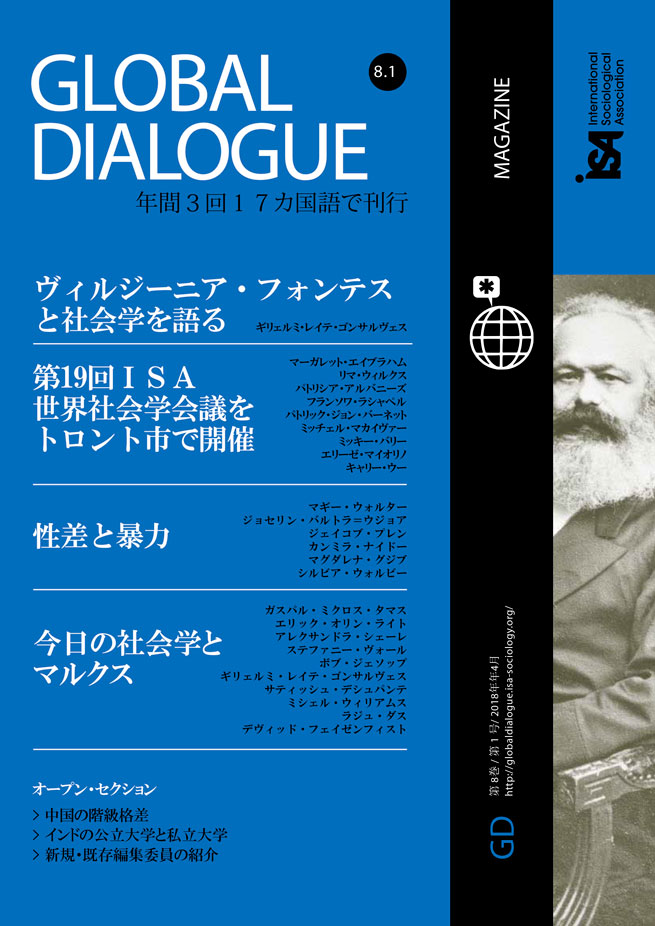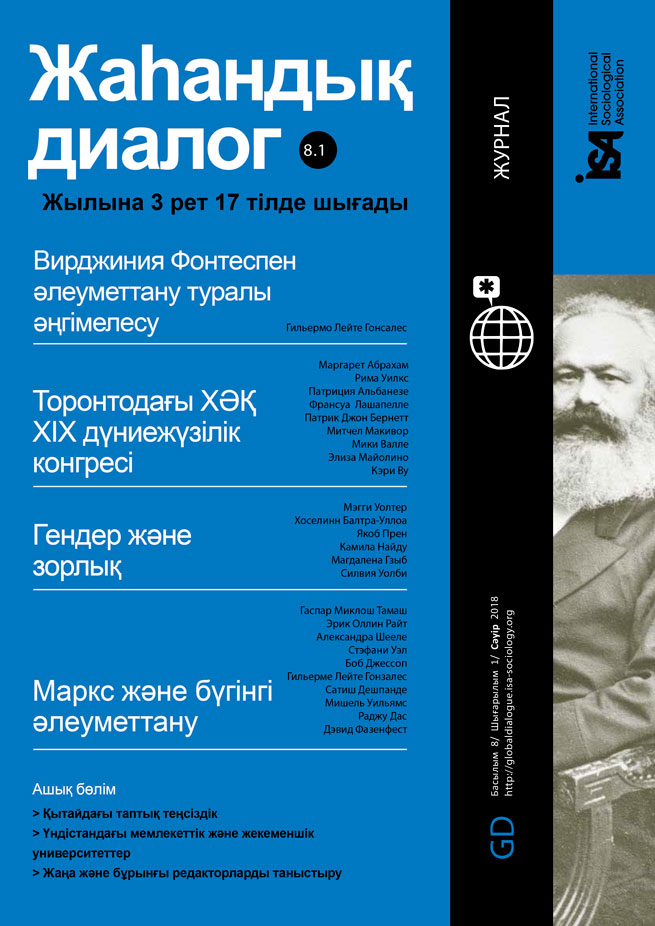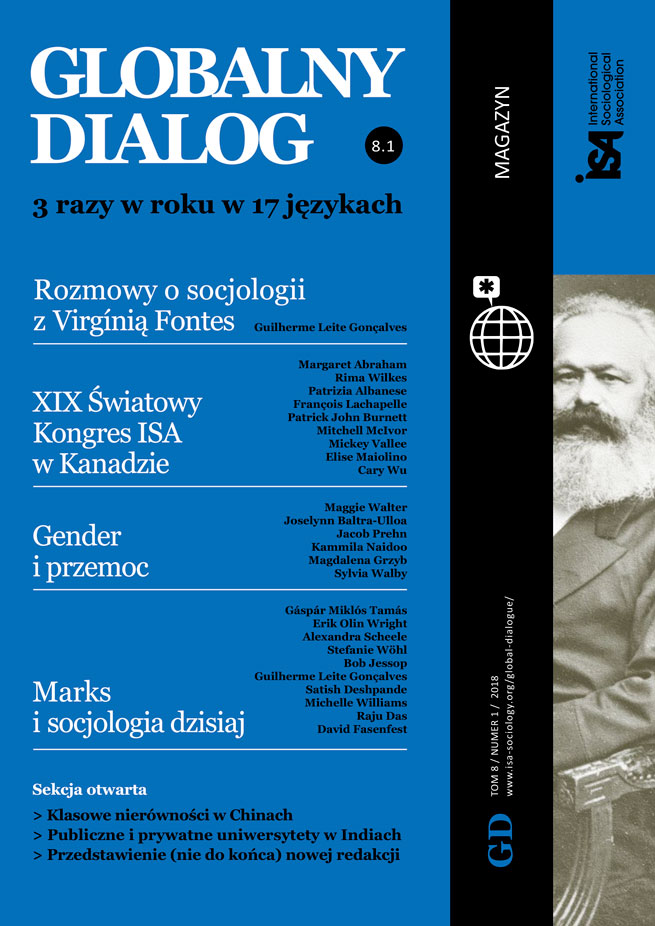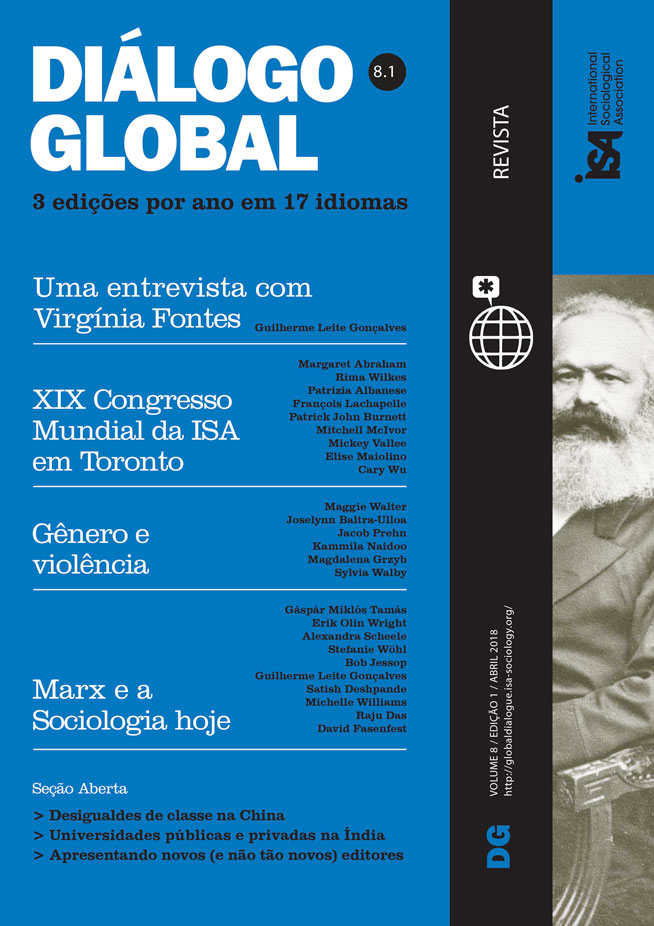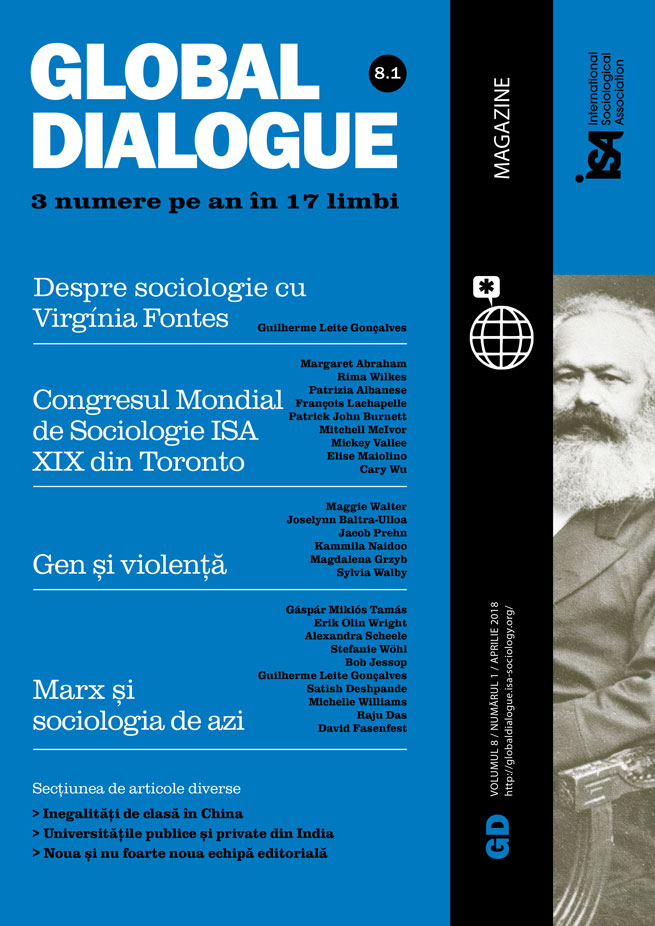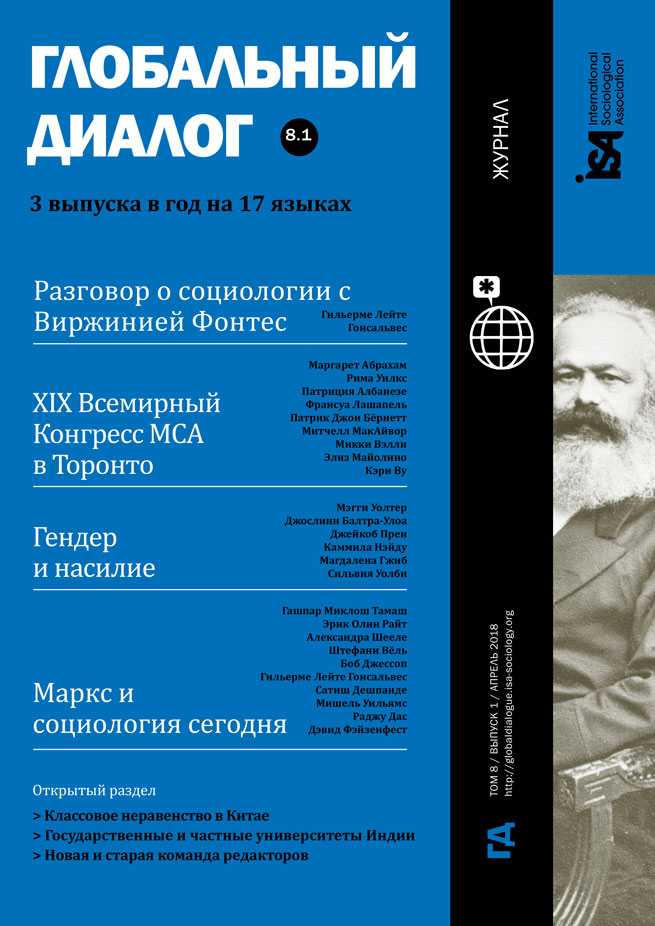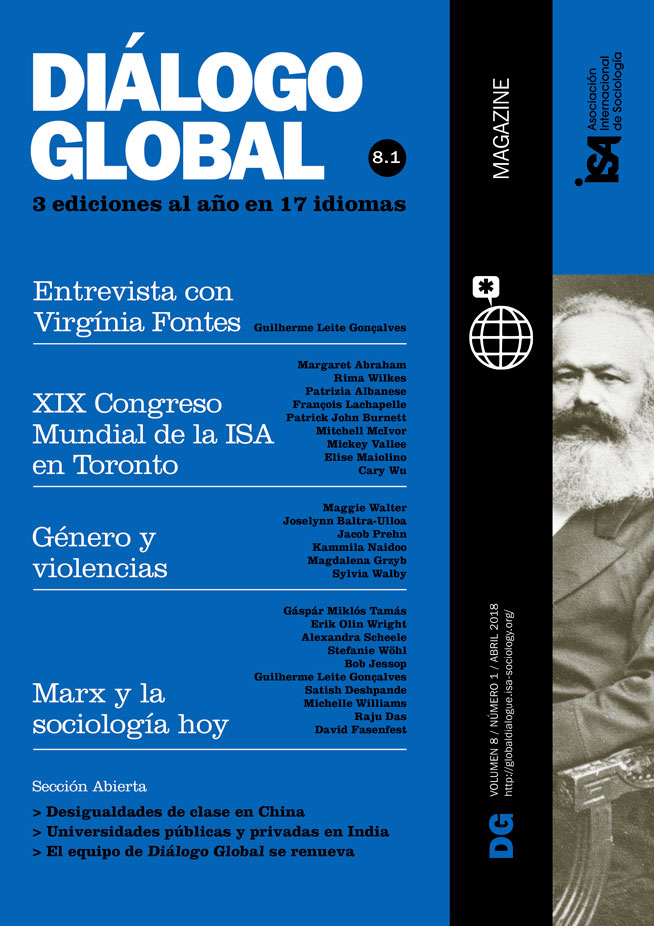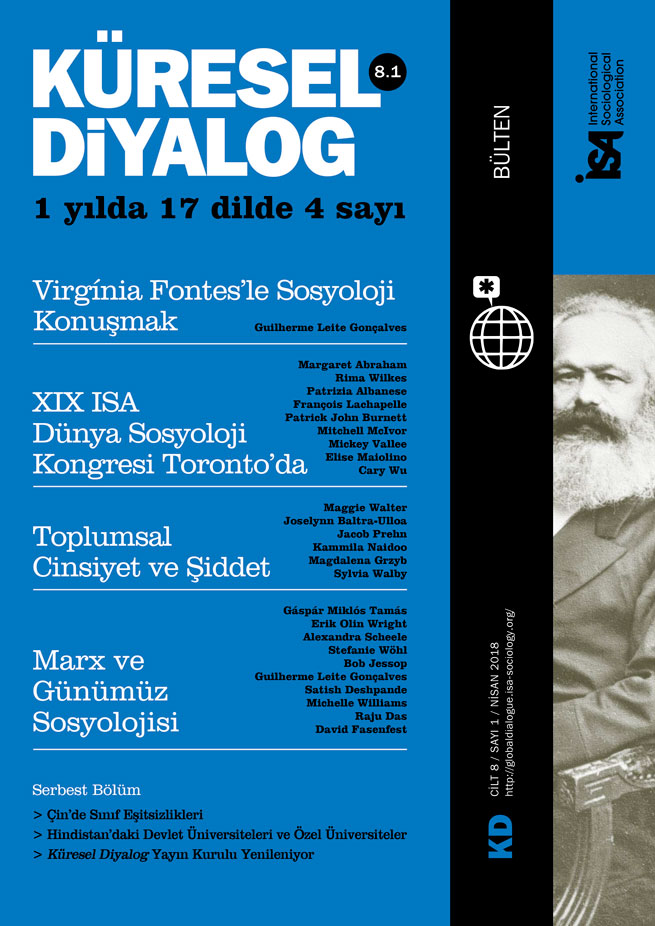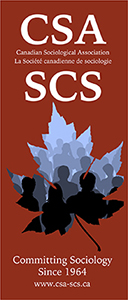Canadian sociologists and members of the Canadian Sociological Association (http://www. csa-scs.ca/) are very excited about hosting the XIX ISA World Congress of Sociology. The Congress will take place in Toronto, Ontario, Canada from July 15 to July 21, 2018. As a result, delegates will be meeting on the lands of the Wendat, the Anishinabek Nation, and the Haudenosaunee Confederacy, together comprising the Dish With One Spoon Wampum Belt Covenant which is an agreement to peaceably share and protect the Great Lakes region, as well as the lands of the Mississaugas of the New Credit First Nation.
As territorial acknowledgments are becoming an increasingly common part of public events in Canada they deserve explication. The roots of the acknowledgment include long-standing Indigenous activism and, more recently, attention generated by the 2008 to 2015 Indian Residential School Truth and Reconciliation Commission. While acknowledgment is not a panacea for past and present harms, the issues that this practice raises fits well within the theme of the World Congress of Sociology – “Power, Violence and Justice: Reflections, Responses and Responsibilities.” In the Canadian context acknowledgment is sometimes used to express appreciation and gratitude as well as to show an awareness of people and territorial history. Acknowledgment is also a political practice, providing a stark reminder – particularly to non-Indigenous people – about settler colonialism, about treaty obligations, and about Canada’s failure to uphold them.
The ISA World Congress will provide an unparalleled opportunity to listen, learn, and dialogue about pressing issues that practices such as acknowledgment raise, and many more, with thousands of scholars from around the world. While some participants will be joining the ISA for the first time, others will have decades of experience. Involvement in the ISA, and with the World Congress in particular, brings us together in ways that would not have been possible without this unique chance to meet.
The Congress also offers Canadian sociologists an opportunity to engage the world. Among the many strengths of Canadian sociology is a real and genuine commitment to theoretical and methodological pluralism. Canadian sociologists, like their counterparts from other countries, are open to an ever-changing and diverse empirical reality. As such, the Association’s 1,000 members belong to more than 28 research clusters ranging from applied sociology, to social theory relational sociology, or sociology of science, technology and knowledge. Some of the strongest contributions members and research clusters offer the discipline are published in the Canadian Review of Sociology/Revue canadienne de sociologie https://www.csa-scs.ca/canadian-review/, the flagship journal of the Canadian Sociological Association.
In reading the journal and meeting people at the ISA meetings, you will see that Canadian sociologists are also deeply concerned with social justice, with making practical policy-relevant contributions, and to taking on the role of public sociologists. That said, there is clearly much work that remains. The World Congress will be a chance for sociologists from around the world to explore both the differences and the similarities in our experiences of and responses to power, violence, and justice. We are very much looking forward to your arrival this summer!
Rima Wilkes, University of British Columbia, President of the Canadian Sociological Association, Vice-President for ISA World Congress Program Coordination of ISA Research Committee on Logic and Method (RC33) and member of the Local Organizing Committee of the XIX ISA World Congress of Sociology <wilkesr@mail.ubc.ca>
